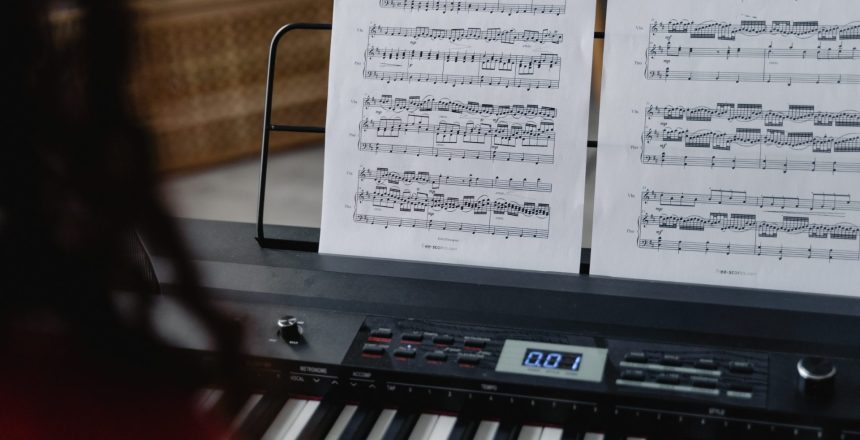Finding the right chords for your melody can be a challenging task for many musicians and songwriters. However, with a little bit of understanding and practice, you can easily master the art of chord progression and add a new dimension to your music. In this article, we will discuss some tips and tricks to help you find the right chords for your melody and create a harmonious and captivating piece of music.
1. Understand the Key and Scale of Your Melody
The first step in finding the right chords for your melody is to understand the key and scale of your melody. A melody is usually written in a specific key, which determines the notes and chords that can be used in the song. For example, if your melody is written in the key of C Major, you will want to use chords that are found within that key.
2. Get Familiar with Common Chord Progressions
Before you start experimenting with different chord progressions, it is important to get familiar with some of the most common chord progressions. A chord progression is a series of chords that are played in a specific order. There are many different chord progressions to choose from, but some of the most common include the I-IV-V progression, the ii-V-I progression, and the iii-vi-ii-V progression. By understanding these common chord progressions, you will have a solid foundation to build upon as you experiment with your own music.
3. Use Chord Substitutions (For More Advanced Musicians)
For more advanced musicians, chord substitutions can be used to add variety to your chord progression and create a more interesting sound. A chord substitution is simply a different chord that can be used in place of another chord in the progression. For example, instead of using a C Major chord in the I-IV-V progression, you could use a C Major 7th chord or a C Major 9th chord.
4. Consider the Mood and Emotion of Your Melody
The chords you choose for your melody can greatly impact the mood and emotion of your song. For example, minor chords tend to create a sad or melancholy feeling, while major chords tend to create a happy or uplifting feeling. When choosing chords for your melody, consider the mood and emotion you want to convey and select chords that support that feeling.
5. Listen to Other Songs for Inspiration
Finally, don’t be afraid to listen to other songs for inspiration. Pay attention to the chord progressions used in songs that you love, and try to incorporate similar progressions into your own music. You can also experiment with different chord progressions and see how they sound with your melody.
In conclusion, finding the right chords for your melody is an important part of songwriting and music creation. By understanding the key and scale of your melody, getting familiar with common chord progressions, using chord substitutions (for more advanced musicians), considering the mood and emotion of your melody, and listening to other songs for inspiration, you can create a harmonious and captivating piece of music. So, grab your instrument, get creative, and start writing music that will captivate your audience!





